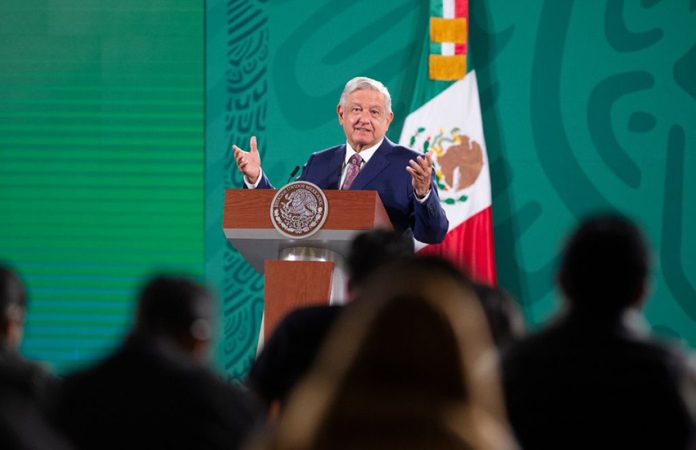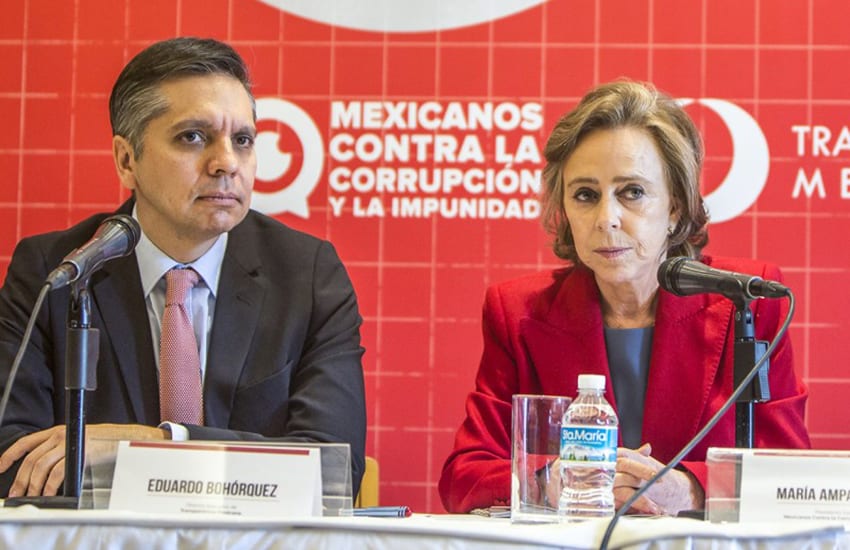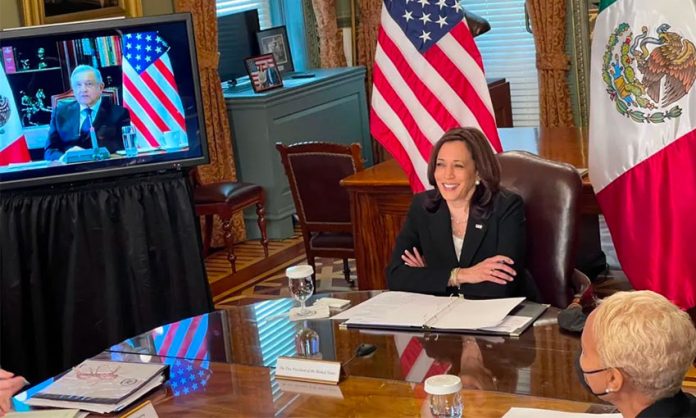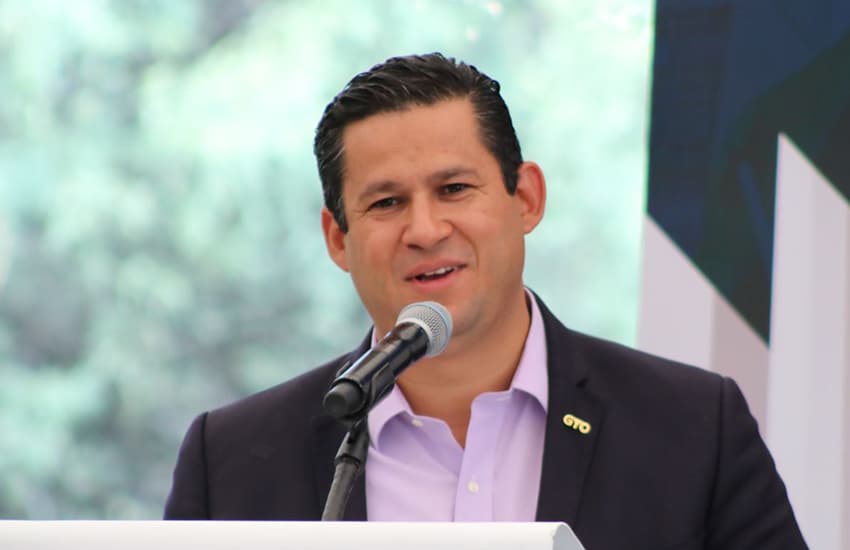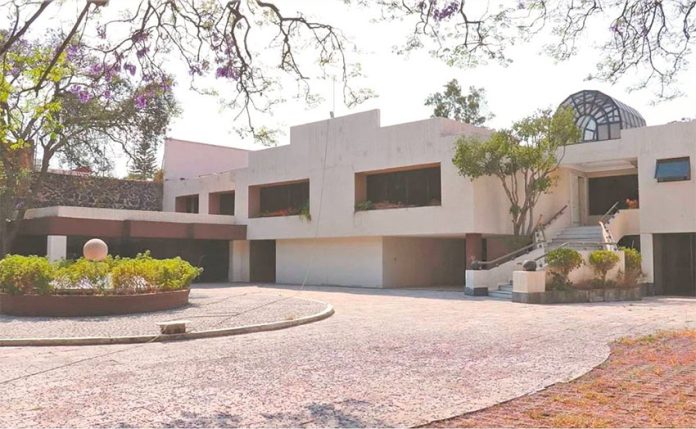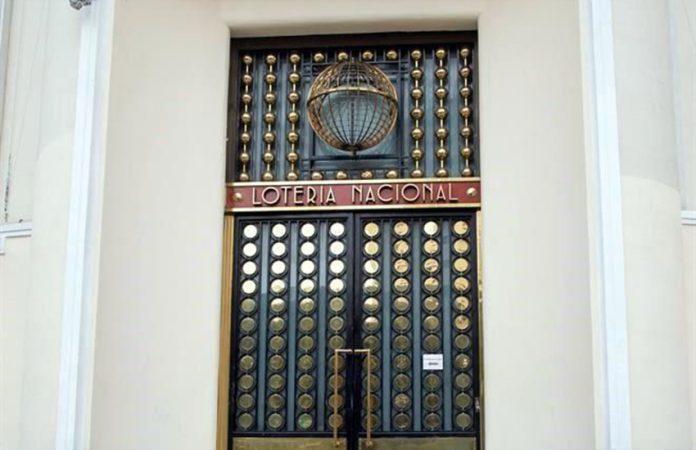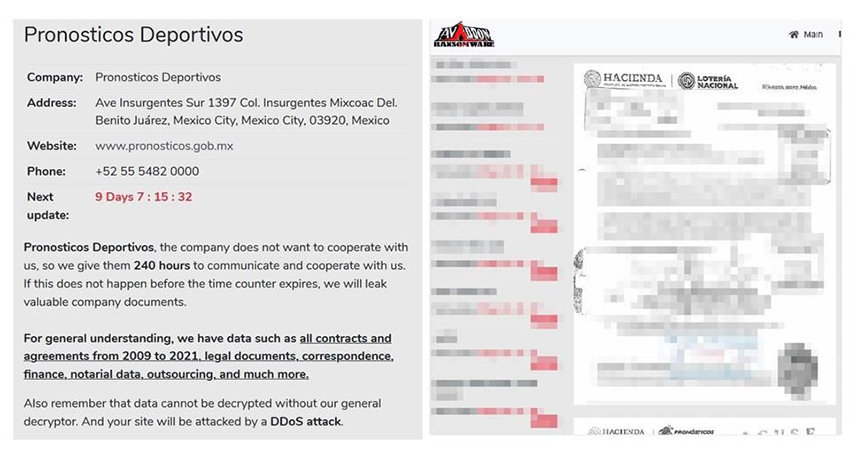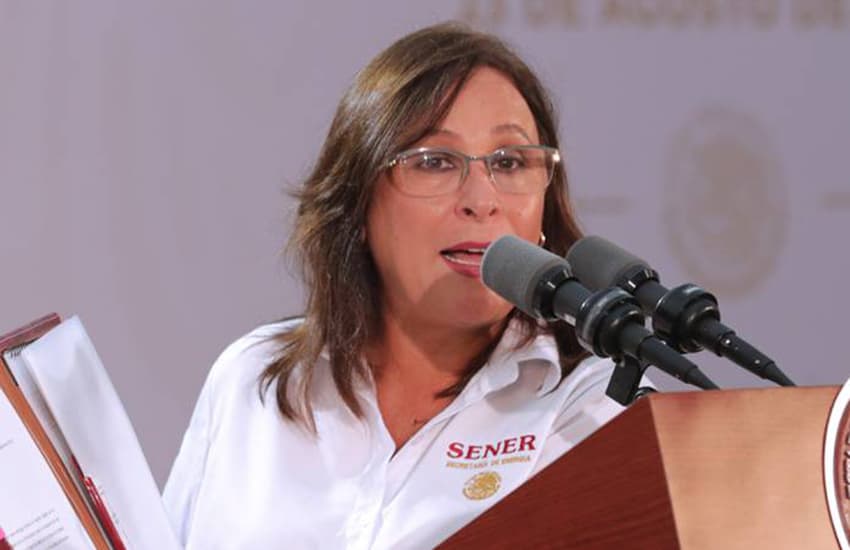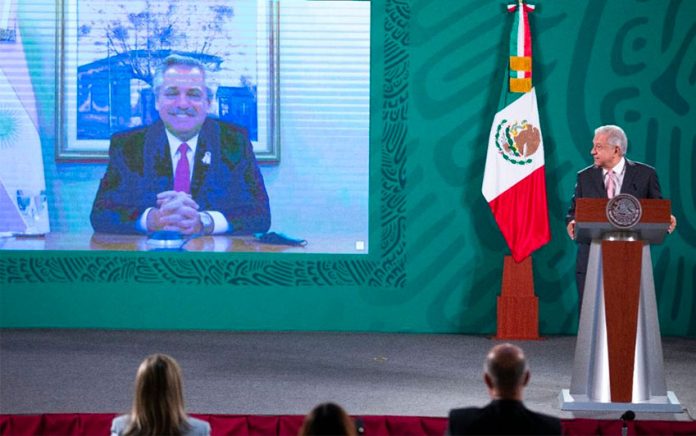President López Obrador can’t be faulted for his enthusiasm. Every weekday he has put sleepy journalists to shame and kept his cabinet on their toes with his rise and shine, mammoth press conferences.
AMLO’s mañaneras (as they are known in Spanish) have been ridiculed, denounced and celebrated in a similar vein to Donald Trump’s Twitter feed. However, while the former U.S. president can be imagined tweeting from a golden sofa in a bath robe, López Obrador is on stage at the National Palace every day at 7:00 a.m., looking sprightly. Contracting Covid-19 has been the only disruption to his routine.
Like a compere at a wedding, the 67-year-old will invite a speaker with just a single word, or the casual wave of a hand. Like an absorbed history professor he responds to journalists with an eloquent ramble, and sometimes a parable or two.
Sessions of two hours or more or 10,000 transcripts would be enough to test anyone’s patience, so here are some of the highlights from this week’s morning conferences.
Monday, May 24
The week began with news of a completion date for the construction of the Santa Lucía airport — March 21, 2022, and a positive economic figure: the first quarter broke the record for foreign investment. Drugs, of the legal kind, were next on the list. The president accused his adversaries of sabotaging the government’s efforts to secure medicines, claiming they were sour that the rules had been changed.
Land distribution featured, and Oaxaca’s egalitarian model was celebrated. “To this day, 85% of the land in Oaxaca is communal … 5% is private … How is it that in Oaxaca they maintain their customs, their traditions, their cultures? Because they have also conserved the communal land, it belongs to everyone.”
The mañanera ended earlier, or perhaps later, than the president expected. He wasn’t entirely sure. “I forgot my watch and I don’t know what time it is. Let’s go. Well, see you tomorrow, have a good day,” he announced, striding away to attend to the nation’s business.
Tuesday, May 25
The president of Argentina, Alberto Fernández, dropped in via video link for a chat and expressions of mutual admiration on Tuesday.
“What a joy to see you, my dear friend, president of Mexico, Andrés Manuel, dearest friend. How are you? How is everything?” Fernández began.
“You know that today we celebrate in Argentina on May 25, for us it is a very important date, because it is the day that began the path of Argentine Independence from the Spanish Crown …” he related.
The pair discussed the two countries’ cooperation to produce the AstraZeneca vaccine, before Fernández relaunched the charm attack. “It’s the admiration and respect that I have for you, and you know what a friend I consider you to be. It is almost the perfect image, two twinned peoples … that value honesty,” he versed.
AMLO responded in kind. “Personally, Alberto, I have a very special appreciation for you. I consider you a man with principles, with ideals, a good president, what the people of Argentina deserve.”
The call ended, and the Mexican president pondered the next item. “Great. So let’s go to … oh sorry, Carlos.”
Latin America’s richest man, Carlos Slim, had waited patiently for his turn. The Carlos Slim Foundation has been central to the Mexico-Argentina vaccine project.
Wednesday, May 26
Black gold was the focus on Wednesday as Pemex directors joined the meeting to discuss the imminent acquisition of the Deer Park oil refinery in Texas.
“During the entire neoliberal period, 40 years, a new refinery was not built in Mexico … we sold oranges and bought orange juice: we sold raw materials, crude oil and we bought gasoline. Completely absurd,” said the president.
“Only a traitor delivers his country to foreigners,” he added, reinforcing his position with a quote from former leader Adolfo López Mateos.
However, when asked whether debt was attached to the purchase, AMLO and Pemex’s top brass were caught off guard.
“The plant hasn’t had any losses, it’s had profits,” he affirmed.
“Last year there were no profits,” interjected the head of Pemex, Octavio Romero.
“And what is the value of the debt.”
“Excuse me?”
“What is the value of the debt?”
“The debt totals around US $980 million,” Oropeza conceded.
AMLO then assured all concerned that the nation’s pockets were plenty deep enough, and the investment would be recuperated in two to three years.
Thursday, May 27
Health Minister Jorge Alcocer opened Thursday’s conference with a well scripted tale of the administration’s reform to make medicinal drugs free, despite obstructions.
The president was quick to highlight the virtuous force of his administration. “When a just, noble cause is involved, when it comes to honesty, you have to act firmly and not take a step back,” he said.
However, one word was enough to change his mood. “Propaganda” featured in a question from the floor, relating to the official denunciation of his March 30 mañanera.
“What was it, what was it …? What? Violation of the constitution? … There is the right to information, the right of the people to be informed by the authority,” he retorted.
A similar reaction followed an inquiry about whether the U.S. downgrade of Mexico’s air safety rating would affect flights from the new Santa Lucía airport.
“No, no, no. It is dry grass for the bonfires of our adversaries in the media, who want to magnify everything,” he rebutted.
Friday, May 28
The final conference of the week opened with a vaccination update, including the news that the 40-49 age group would begin to receive their first jabs.
The Maya Train was next on the agenda: Rogelio Jiménez Pons, director of the National Tourism Promotion Fund, was joined by executives from the Alstom-Bombardier consortium, which has won a hefty infrastructure contract. Local partnership will be higher under their proposal, which made it the most attractive, Pons said, adding that once the service is operational trains should depart from Cancún every 15 minutes.
The president found an opportunity to have his say on the the latest edition of The Economist newspaper, which branded him “Mexico’s false messiah.”
“They were dedicated to applauding neoliberal policies … so, they put out this cover, stupid, very rude, and dishonest, calling me ‘the false messiah’ … All those who participated or kept quiet when Mexico was being looted are now annoyed because the people said ‘Enough,’” the president affirmed, shortly before calling time on the week.
Mexico News Daily


